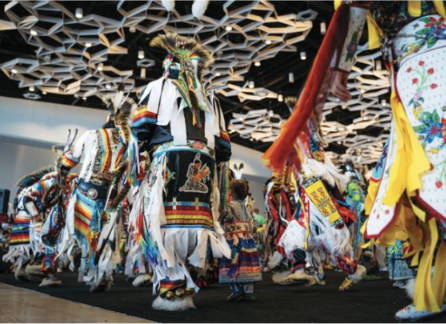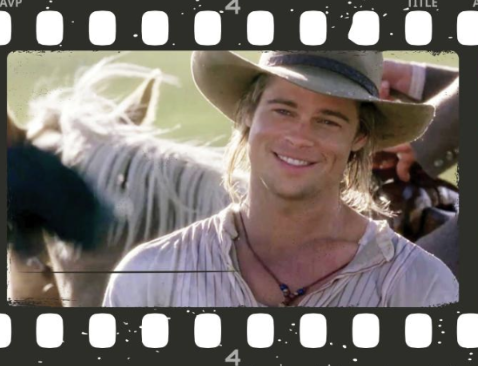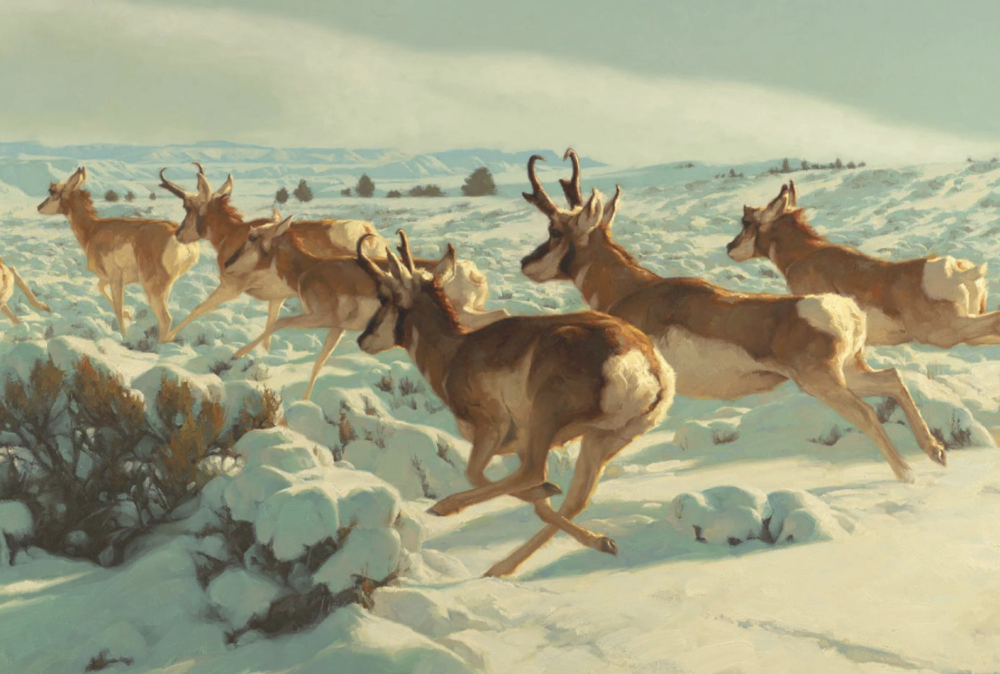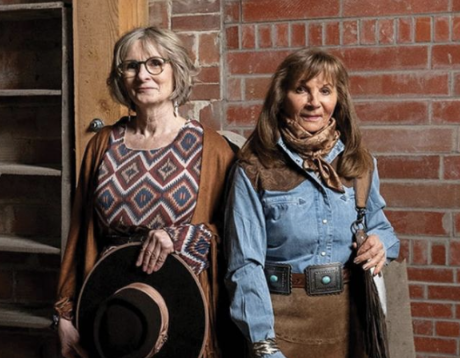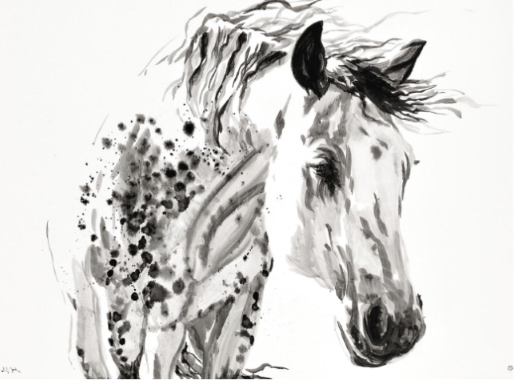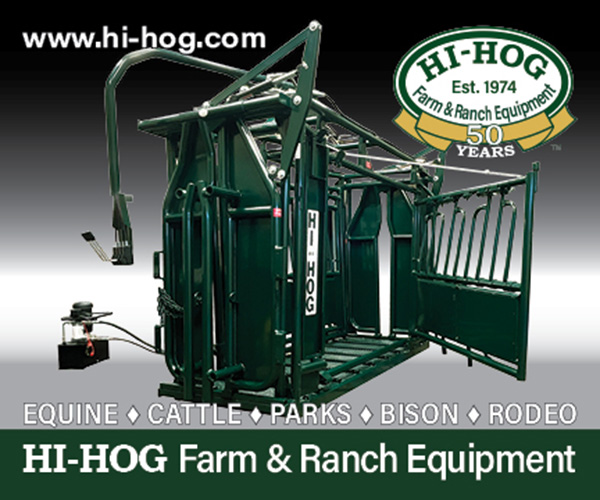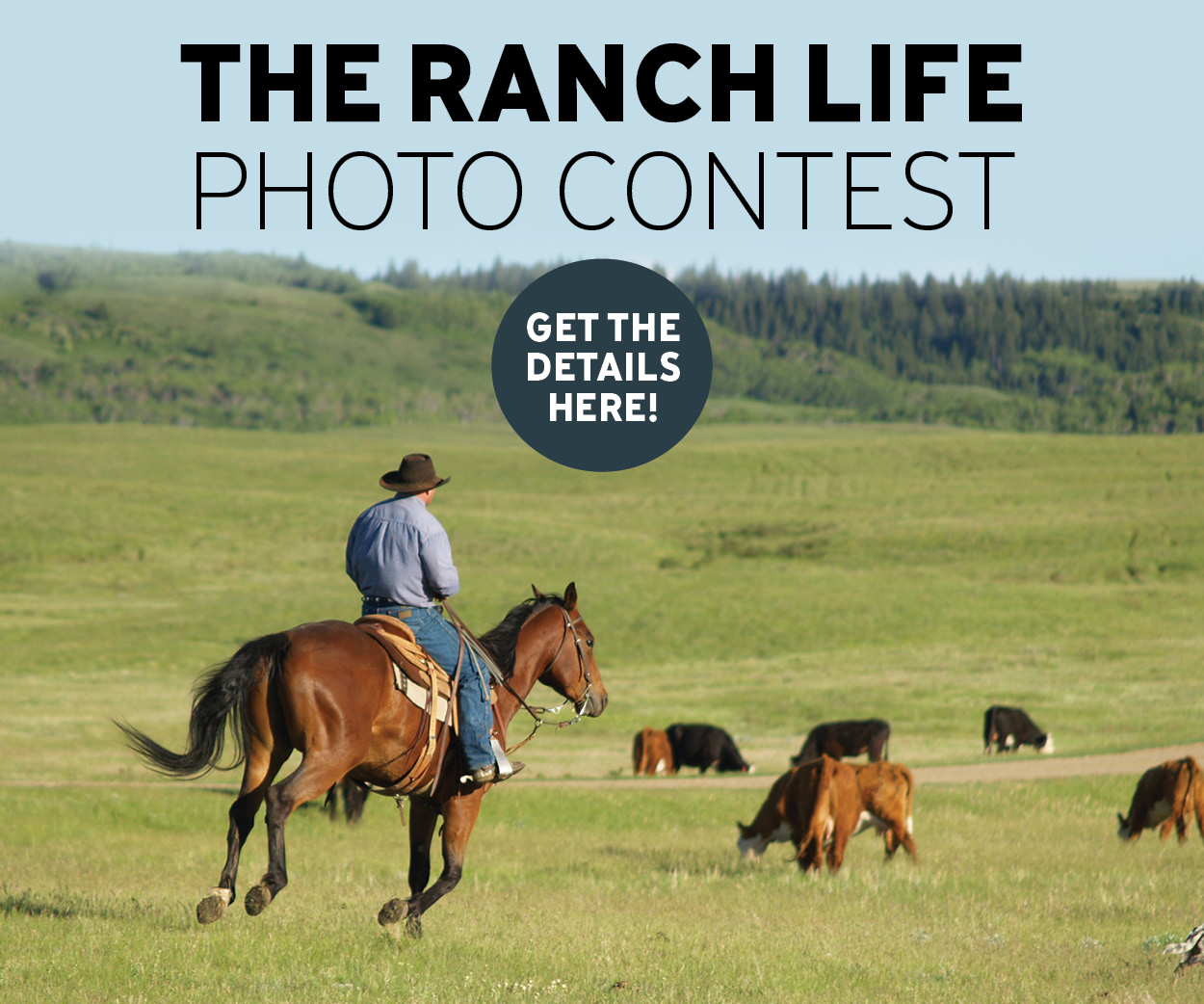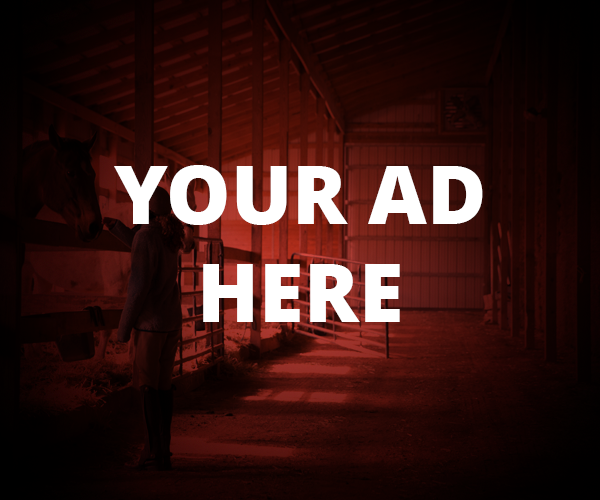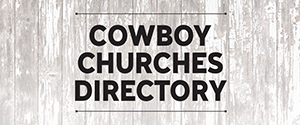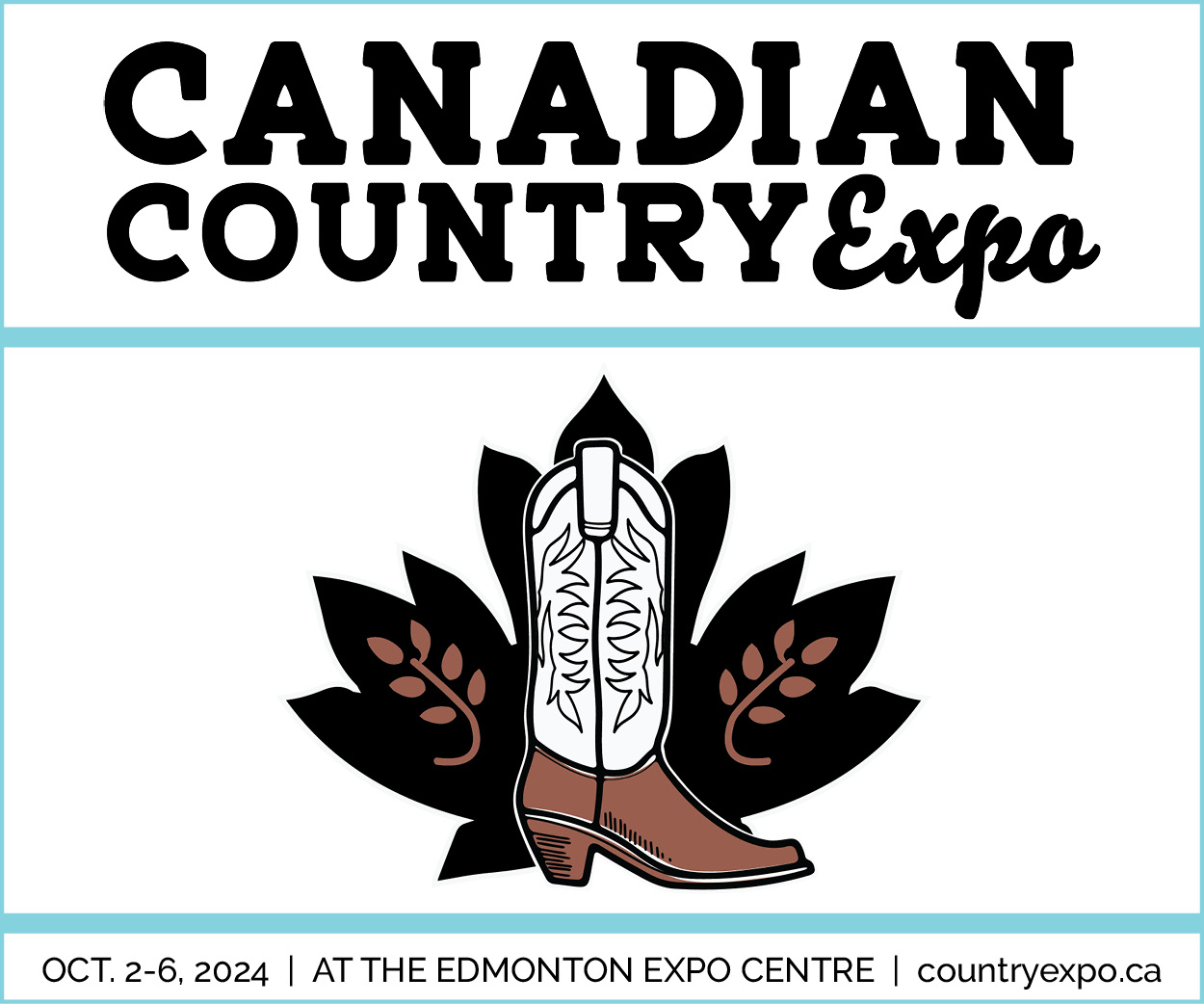The Cowboy Way
By Chelsey Becker
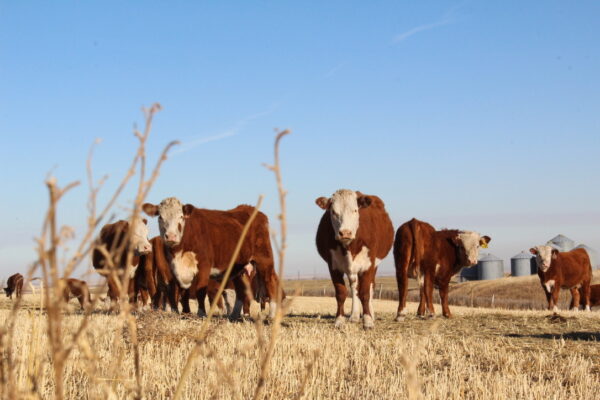
Recently, I have begun to watch re-runs of the hit television show Yellowstone, a series I assume that many farmers and ranchers know.
This show follows the Dutton family on their generational ranch in Montana.
As I was watching one of the episodes, I came across a scene that really stuck out to me when John Dutton, and his grandson, Tate, are having a conversation, and Tate asks John a simple question, “Well, if ranching is so hard, why do we do it?” and John replies, “It’s one hell of a life, Tate. One hell of a life.”
This scene really puts a blanket over farmers and ranchers as to why they do what they do. Farming and ranching are two of the hardest jobs on the planet, both mentally and physically, but are two of the most rewarding at the same time.
When I really think of it, a rancher gets up in the early morning hours to tend to cattle, horses, and so on until sundown, all to get up at the crack of dawn and do it again the next day. The work is not glamorous; it is blood, sweat and tears. However, it sure does beat working a 9-5 in a cubicle, competing in the rat race of the concrete jungle that mankind has created.
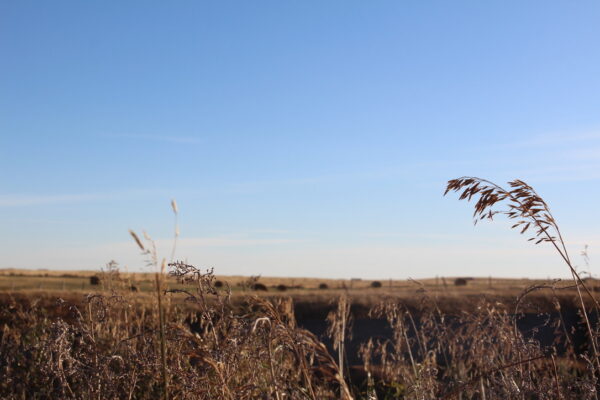
You see, cattle ranching goes way beyond beef. It impacts our lives in more ways than what the average person may be aware of, in ways such as cattle grazing upon land that is unsuitable for crop production, eating up all of the lower-quality plants and by-products to upcycle into high-quality protein.
The generational aspect also plays a key role in these ranches’ importance. Ranching families work extremely hard to preserve the practices, history, and name behind their generational ranches; the hard work to build these tranquil pieces of heaven on earth would be worth nothing if they didn’t preserve them.
Circling back to the quote from Yellowstone, John Dutton explains that ranching is hard because you cannot control the price of beef, hay, and diesel it takes to take the cattle to auction or hay out to the cattle. This is something that resonates with all ranchers. The rise in the cost of diesel is enough for farmers and ranchers to nearly cause them to go belly up, which is a scary thought; farmers and ranchers feed the world. If they cannot afford to do their jobs proficiently and effectively, we are all in deep trouble.
Looking forward, remember these simple ways you can help support your local farmers and ranchers; shop locally, support your local butcher shops and beef producers, if possible, buy your beef in bulk, and educate yourself on where your food is sourced and produced.




